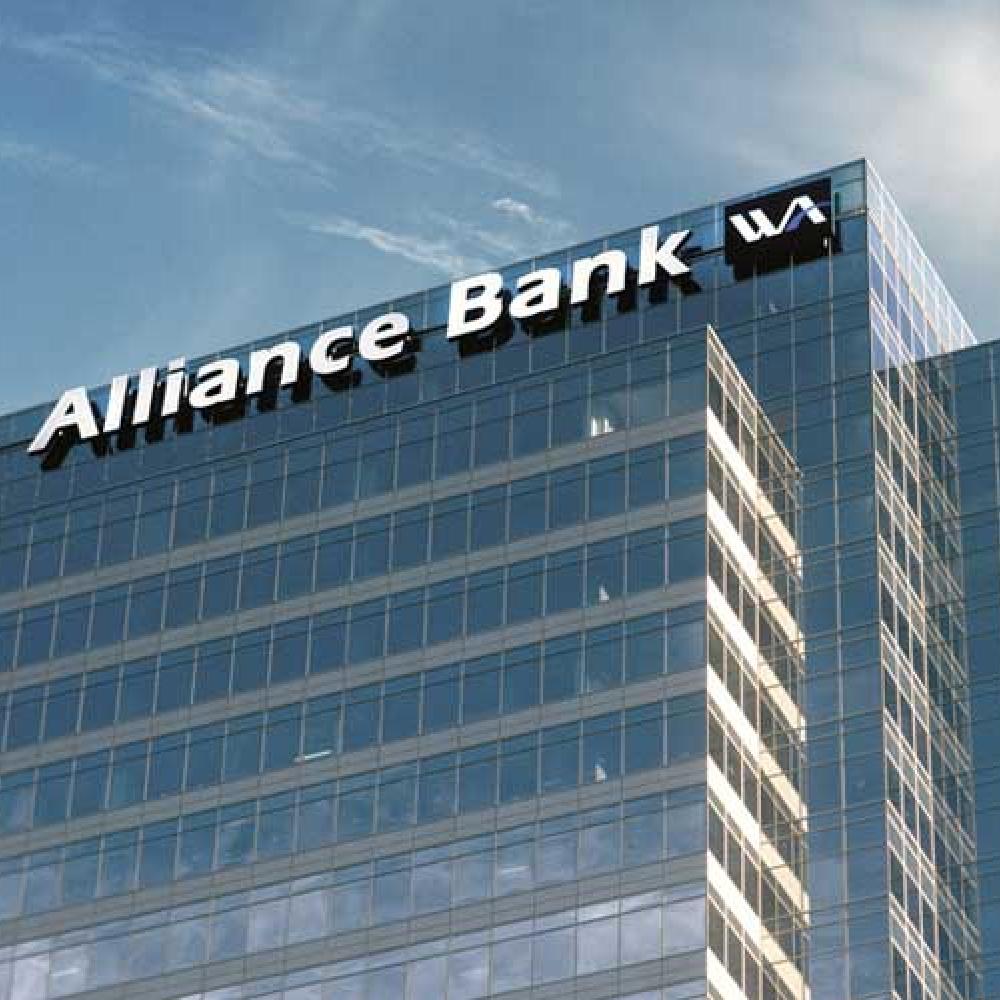Three Questions to Ask When Selecting Your Commercial Real Estate Banking Partner
With higher interest rates and supply chain issues continuing to affect commercial real estate project timelines, you need a banker with the knowledge, resources and experience to help keep your project on track.
We’re often asked what determines the right banker and institution for a CRE project. In our experience, to avoid frustration, CRE developers need a responsive bank with a team that knows the industry and the local market. Here are some additional questions to consider when making your choice.
1. What characteristics are essential when choosing a banking partner?
Customer service access to local decision-makers and executive management, the ability to build a relationship with an experienced CRE team, and dealing with a bank that supports the industry, e.g., CCIM, SIOR, NAIOP, are vital aspects to consider. When you have a funding question, need a partial release, require a signature to record a plat, or need a modification, you want a banker who understands your project and will advocate for you while efficiently processing your request.
2. How should I evaluate a bank’s financial strength?
To ensure your project has all the resources it needs, look at the health of the financial institution you’re working with. Publicly available information can shed light on a bank’s liquidity, capital ratios, non-performing loans and deposit rating. Any banker should be willing to help you find and explain the information related to their bank. Compare this to other financial institutions.
3. What services or products should I consider to protect my bank accounts?
Banks are more relationship-focused than ever and have multiple products to ensure your deposits are safe.
If your company utilizes paper checks to make payments, there is always a risk of fraud since routing and account numbers appear on every check. “Check-washing” schemes, mail theft, or the theft of company checks can expose your accounts to fraud. Treasury management services such as Check Positive Pay1 ensure that only those checks you intended to pay - and the amount you intended - clear your account. All others are rejected.
Companies with high bank balances may consider programs like IntraFi2, which protect balances above the $250,000 FDIC insurance limit. Anytime a checking or money market account exceeds $250,000, the IntraFi Network automatically deposits the overage into another FDIC-insured account at another FDIC member bank. You retain access to all your accounts through your existing bank but gain FDIC protection up to $150 million.
Additionally, we strongly recommend setting wire limits that cover most of your wires and requesting a one-time wire limit increase to cover your higher dollar transactions. Finally, ensure you have proper controls over access to your accounts. Internal theft is more common than people realize.
Learn more about Western Alliance Bank or find a local commercial real estate banking expert who can help you meet your goals.

Commercial Real Estate
Western Alliance Commercial Real Estate, a national banking group within Western Alliance Bank, Member FDIC, delivers tailored CRE and construction financing solutions to clients for all asset classes, wherever business happens. Industry experts provide responsive service that puts clients at the center of everything. The Commercial Real Estate Group is part of Western Alliance Bancorporation, which has $90 billion in assets and has ranked as a top U.S. bank by American Banker and Bank Director since 2016. With significant national capabilities, the Commercial Real Estate Group delivers the reach, resources and deep industry knowledge to help businesses capitalize on their opportunities to solve today and succeed tomorrow.

1. Requires enrollment in Business Online Banking. Refer to disclosures provided at account opening, the Business Schedule of Fees, and Pro Forma for additional information.
2. Deposit placement through CDARS or ICS is subject to the terms, conditions, and disclosures in applicable agreements. Although deposits are placed in increments that do not exceed the FDIC standard maximum deposit insurance amount (“SMDIA”) at any one destination bank, a depositor’s balances at the institution that places deposits may exceed the SMDIA (e.g., before settlement for deposits or after settlement for withdrawals) or be uninsured (if the placing institution is not an insured bank). The depositor must make any necessary arrangements to protect such balances consistent with applicable law and must determine whether placement through CDARS or ICS satisfies any restrictions on its deposits. A list identifying IntraFi network banks appears at https://www.intrafi.com/network-banks. The depositor may exclude banks from eligibility to receive its funds. ICS and CDARS are registered service marks of IntraFi Network LLC.